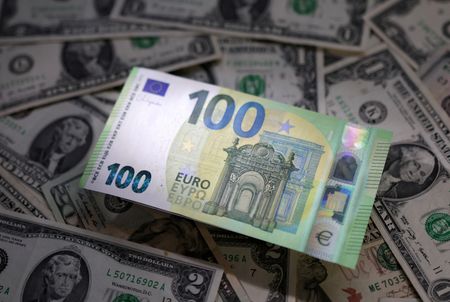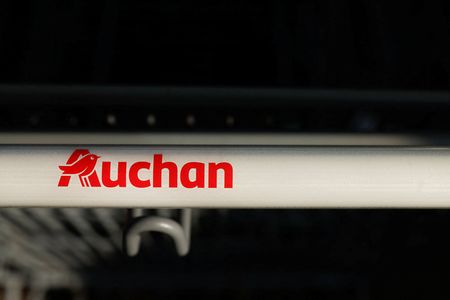By Andrey Sychev
(Reuters) -German machine and car parts maker Schaeffler on Tuesday said it planned to lay off 4,700 people in Europe after its operating profit almost halved in the third quarter, highlighting challenges in the European automotive industry.
Its shares were down 3% by 0810 GMT and have fallen nearly 20% so far this year.
“Overall, a weak quarter and we expect further pressure on cash flow and balance sheet leverage going forward,” J.P.Morgan analysts said in a note to clients.
The European auto sector has been put to a test by multiple hurdles ranging from high production costs and managing the shift to electric vehicles to falling demand and rising competition from China.
Europe’s top carmaker Volkswagen is considering plant closures in Germany, where labour and energy costs are among the highest in Europe, for the first time, and is locked in a battle with unions over a 10% wage cut.
Schaeffler said Germany would see the biggest staff reduction, with plans to lay off around 2,800 people at ten sites.
The rest of the job cuts will span across Europe, including two site closures, Schaeffler said without naming the locations.
About 1,000 jobs will be reduced by displacements, bringing the net layoffs to 3,700 people, or 3.1% of Schaeffler’s total headcount of 120,000, which has increased after its merger with electric powertrain specialist Vitesco.
The layoffs come as the company is finalising the merger, which it has previously said would lead to a reduction of some administrative jobs.
The German ball-bearings specialist expects to save around 290 million euros ($315.4 million) per year by the end of 2029 through the efficiency plan, which will cost around 580 million euros.
Schaeffler’s earnings before interest, taxes and special items (EBIT) fell 44.9% to 187 million euros in the July-September period, missing analysts’ mean forecast of 209.4 million euros in a consensus poll compiled by Vara Research.
It joins other automotive suppliers like Sweden’s SKF and France’s Valeo in reporting bleak quarterly results and blaming weak sales in Europe and China for that.
($1 = 0.9195 euros)
(Reporting by Andrey Sychev in Gdansk; editing by Milla Nissi)









